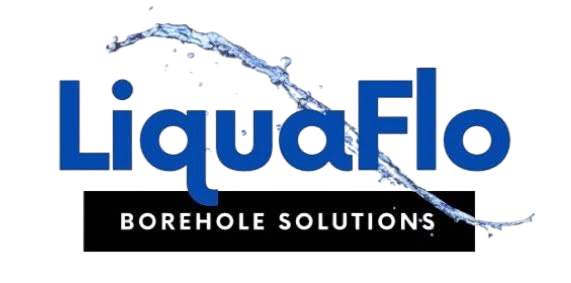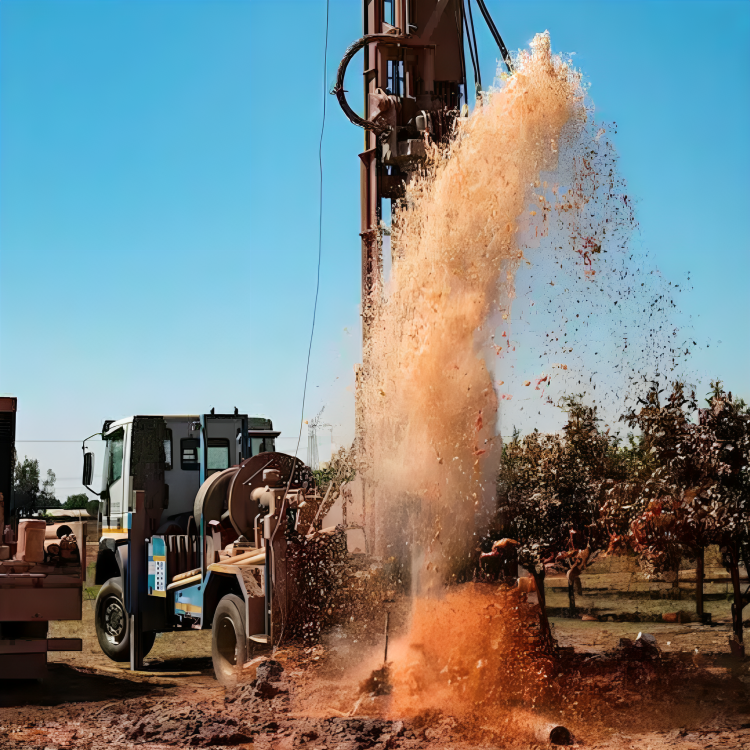Discover everything you need to know before drilling a borehole—from permits to pump selection. Ensure a smooth, cost-effective, and sustainable water solution for your home or business.
 tank with triple filter system installation in Johannesburg, providing clean borehole water supply">
tank with triple filter system installation in Johannesburg, providing clean borehole water supply">
Why Drill a Borehole?
With rising municipal water costs and unreliable supply, a borehole offers a sustainable, off-grid water solution. Whether for residential, commercial, or agricultural use, a well-constructed borehole provides:
✅ Independence from municipal water restrictions
✅ Lower utility bills with a long-term ROI
✅ Clean, natural water (with proper filtration)
✅ Increased property value
At LiquaFlo Borehole Solutions, we specialize in tailor-made water systems that meet SABS standards, ensuring quality and reliability.
Pre-Drilling Checklist
Before breaking ground, consider these essential steps:
1. Hydrogeological Survey
A professional survey determines:
🔹 Water table depth
🔹 Optimal drilling location
🔹 Expected yield (liters per hour)
🔹 Water quality (potential contaminants)
LiquaFlo partners with expert geosurveyors to assess viability before drilling.
2. Legal & Municipal Compliance
🔹 Permit requirements (varies by municipality)
🔹 Environmental impact assessment (if applicable)
🔹 SABS SANS 10299 compliance (ensures safe drilling practices)
3. Budgeting & Cost Factors
Borehole drilling costs depend on:
💰 Depth (R1,200 – R2,500 per meter)
💰 Rock hardness (softer soil = lower cost)
💰 Pump & filtration system (solar vs. electric)
💰 Additional infrastructure (tanks, piping, purification)

Get a free quote from LiquaFlo for a transparent breakdown.
The Drilling Process
Once permits and surveys are complete:
1. Site Preparation
🔹 Clear access for drilling rig
🔹 Mark underground utilities (avoid pipes/cables)
2. Drilling & Casing Installation
🔹 Rotary drilling (most common in SA)
🔹 Steel/PVC casing prevents collapse & contamination
3. Yield & Water Quality Testing
🔹 Pump test determines sustainable yield
🔹 Lab analysis checks for minerals, bacteria, pH
4. Pump & System Installation
Choose between:
🔸 Submersible pumps (deep boreholes)
🔸 Surface pumps (shallow wells)
🔸 Solar-powered pumps (off-grid efficiency)

LiquaFlo supplies & installs SABS-approved pumps with warranties.
Post-Drilling Essentials
1. Filtration & Purification
🔹 Sediment filters (remove sand & grit)
🔹 UV sterilization (kills bacteria)
🔹 Reverse osmosis (for drinking water)
2. Storage & Distribution
🔹 Jojo tanks (10,000L – 20,000L recommended)
🔹 Pressure pumps ensure steady water flow
3. Maintenance Schedule
🔹 Annual inspections (pump, pipes, water quality)
🔹 Quarterly cleaning (prevent silt buildup)
Ready to Drill Your Borehole?
At LiquaFlo Borehole Solutions, we handle drilling, pumps, filtration, and maintenance—all compliant with SABS standards.
📞 Contact us today for a free consultation!


